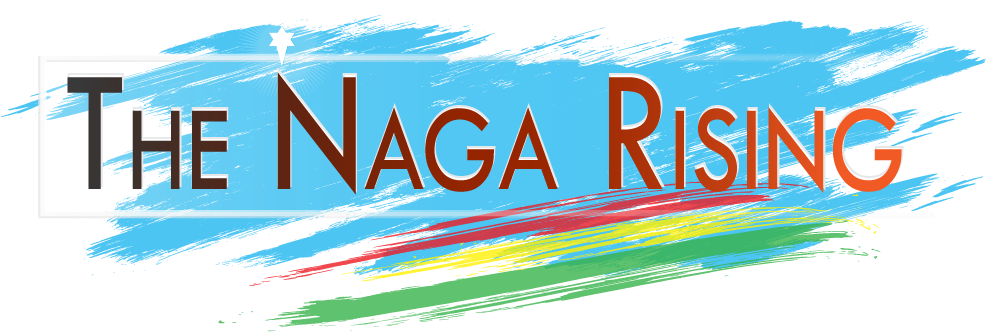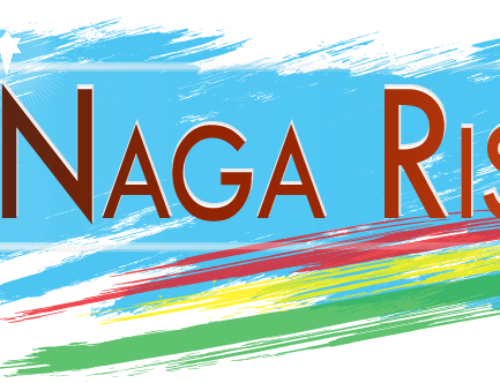Delhi should be sincere and honest in acknowledging the history and situation of the Naga struggle
PM Modi will be equally accountable for failure of Indo-Naga peace talks
The recognition of Nagas as a separate entity is a matter of fact and not fiction
The latest report on the Indo-Naga peace talks (as published by The Indian Express / Nov 29, 2021 issue), stating that the Framework Agreement signed on August 3, 2015 was the ‘key hurdle in the way of a Naga peace accord’ is indeed alarming. This has exposed the complete failure to genuinely understand and properly manage what was described by none other than Prime Minister Narendra Modi as a ‘historic agreement’.
This development, if true, has put serious doubt on the ability of both the Govt of India and NSCN (IM) to put together a peace agreement, negotiations for which has spanned more than two decades. It appears that a lot of loopholes exist in the way the peace process is being managed by all sides. This is a sure recipe for misinterpretation, blame game, trust deficit and future complication. Course correction is required even at this late juncture.
Let’s consider the following. The Indian Express report has pointed out that the interpretation of the Framework Agreement (FA) by the NSCN (IM) ‘has held up the process being finalised’. However, the Govt of India cannot absolve itself of blame either. Prime Minister Modi is equally accountable for the failure in managing the fallout of the ‘historic occasion’ and agreement. The Prime Minister is also answerable for making a public spectacle of the widely televised August 3, 2015 event and not delivering on his words to the Naga people.
It is clearly evident that Delhi wants to impose its own accord on the Nagas and not one that is mutually acceptable. The letter and spirit of the FA has not been reciprocated by the BJP-led Narendra Modi government. One should not forget that the ownership of the FA does not belong to the NSCN (IM) alone but it is a bilateral document involving the ‘two entities’ as spelled out in the FA. Similar is the case of the Agreed Position of 17th November 2017 with the NNPGs.
In fact the recognition of Nagas as a separate entity in both the agreements (above) is a matter of fact and not fiction. Any agreement, whether it is the NSCN (IM)’s Framework Agreement with the GoI or the Agreed Position of the NNPGs, must be interpreted and respected both in letter and spirit and not as per the convenience of the dominant party or entity. Now, therefore, the question remains as to how Delhi is going to restore the trust of the Nagas and be a reliable partner for a peaceful solution.
Also, the more you think of it, the so-called ‘post-solution offer’ to take up all unresolved issues through a democratic process actually does not make sense. What is the point of investing in a highly publicized ‘solution’ to the Naga problem when many substantive issues are being pushed to some vague timeline that does not give any guarantee to Naga aspirations? A case in point is the 16-Point Agreement (1960) where we have seen important clauses that remain on paper till today. Is the GoI committed to resuming another set of negotiation post-solution to resolve the ‘unresolved issues’? Perhaps not.
It appears that India is insisting on a settlement as per its terms. The Modi-led BJP government should be respectful of the historical and political rights of the Nagas and not impose a counter-narrative to further the ideological designs of a Hindu rashtra of one race, culture and religion as is being advocated by the Hindu Right. Reiterating the long-held view of the RSS, its chief recently made the atrocious claim that “the DNA of all people in India is the same.”
Even the Assam Chief Minister Himanta Biswa Sarma, roped in to help find a solution, toes a similar line of hardcore Hindutva. The suspicion towards Christian Nagas is perhaps a reason for the hard-line stand of the Modi government including its reservation on the issue of integration, a separate flag and constitution. This is unfortunate.
To be truthful, the Naga issue predates India’s independence. The memorandum submitted to the Simon Commission in 1929 by the Naga Club was a clear expression of what the Nagas desired. After 1947, the Naga issue has been widely recognized through successive party-governments and Prime Ministers as political in nature requiring dialogue and solution. The Naga Political Groups have entered into ceasefire agreements unlike the Suspension of Operations (SoO) signed with other rebel groups in the Northeast.
The Modi govt should not treat the Naga issue as ‘cultural’ or the NPGs as some cultural bodies. Take for instance, even a Rotary Club, Red Cross society, Universities or a political party in India fly their separate flags at functions they conduct. The Naga position or status is ‘political’ in nature and should not be compared to an NGO or registered society.
The hard earned peace process and the Naga people’s investment and trust over the years to find an honorable solution should not be undermined by the Modi-led government.
The recent indiscriminate killing of unarmed civilians by the Special Forces (21 Para Commandos) of the Indian Army in Oting, Mon District, Nagaland, is a direct outcome of the meandering policy that is without political will and direction to genuinely understand and solve the Naga problem. This is evident by the security establishment’s grand designs, led by the all powerful National Security Advisor (NSA) to superimpose a military style assault on the Naga peace process and neutralize the truth about the historical and political rights of the Naga people.
The stand of The Naga Rising is that the Government of India must get serious and take a political initiative towards an honourable and mutually-acceptable solution. To do this, Delhi should be sincere and honest in acknowledging the history and situation of the Naga struggle.
Issued by The Naga Rising in public interest
January 3, 2022



